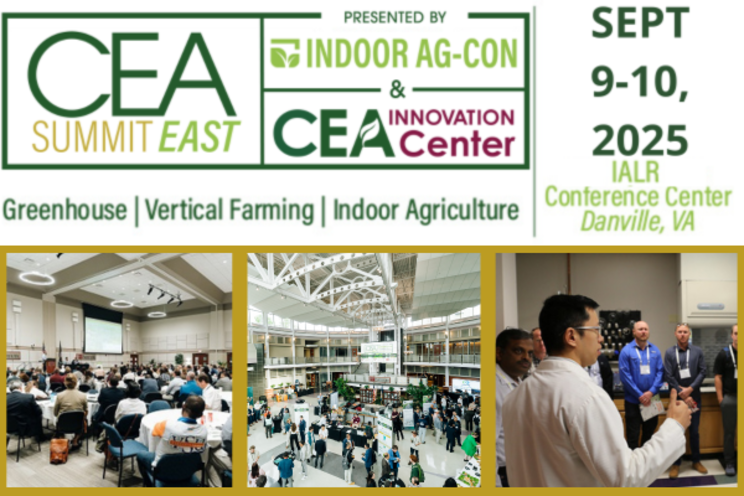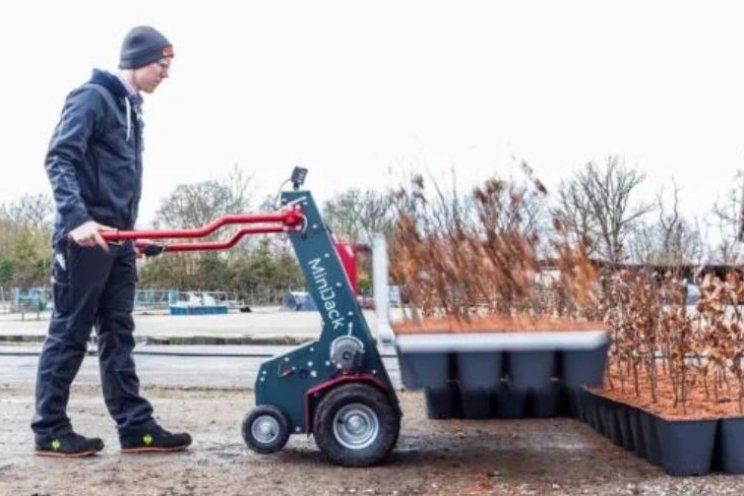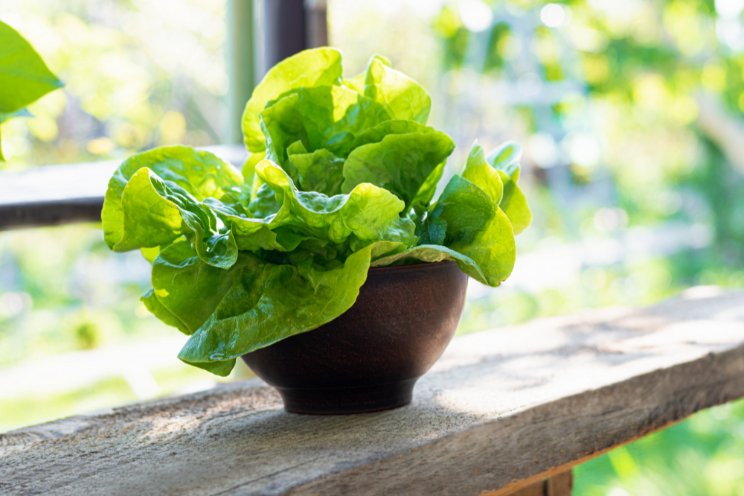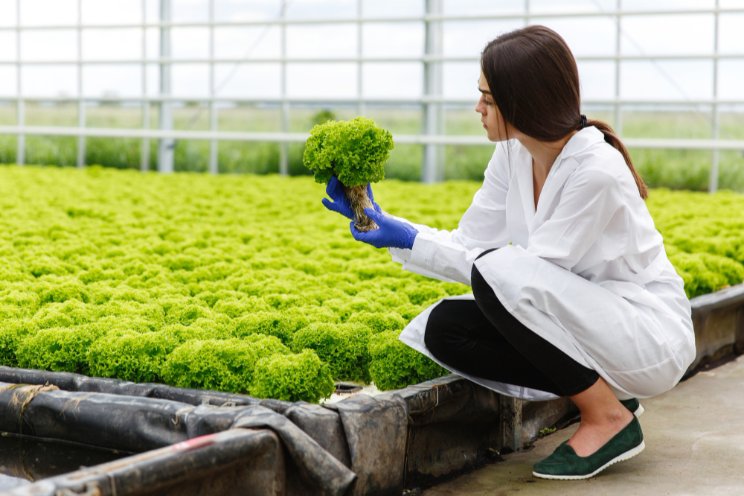Vertical farming key element to growing
Added on 08 March 2022
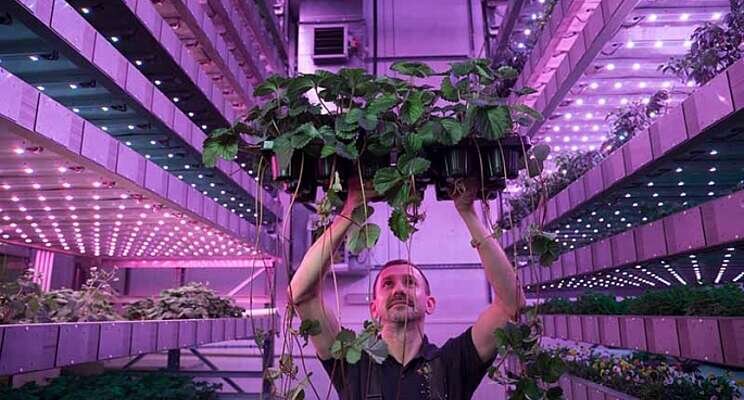
With the global population expected to reach 9.7 billion by 2050, a global food crisis is fast approaching.
The report estimates that on average, 768 million people faced world hunger globally in 2020.
The high cost of fresh, healthy produce, combined with high income inequality, means that many cannot afford a healthy diet.
This is especially prevalent in Aotearoa, with almost 40 percent of New Zealand households saying they face food insecurity in the last New Zealand Adult Nutrition Survey, conducted back in 2008/2009.
A company that is answering the call to this crisis is Intelligent Growth Solutions Limited (IGS).
IGS is an Edinburgh-based company that is developing vertical farming systems that may become a common sight in New Zealand in the future.
IGS made its first appearance in New Zealand with its Fieldays Innovation Award win last year in the Growth and Scale category, which recognises innovations that are seeking growth in new markets.
IGS is now in the early stages of talking with interested groups in New Zealand.
IGS CEO, David Farquhar, says that vertical farming is a key element in re-thinking how we grow crops.
"On its own, vertical farming won't solve world hunger or climate change - but it is one answer, and we believe it will help in both cases."
"Ultimately, we think up to 30 per cent of the world's diet could be grown in vertical farms," he predicts.
IGS's vertical farming system uses smart technologies to grow vegetables and fruits indoors in a remote, but highly controlled environment. Seedlings are positioned on trays inside modular multi-level structures IGS calls "growth towers."
Photo Courtesy of IGS
Source: Sunlive
More news


